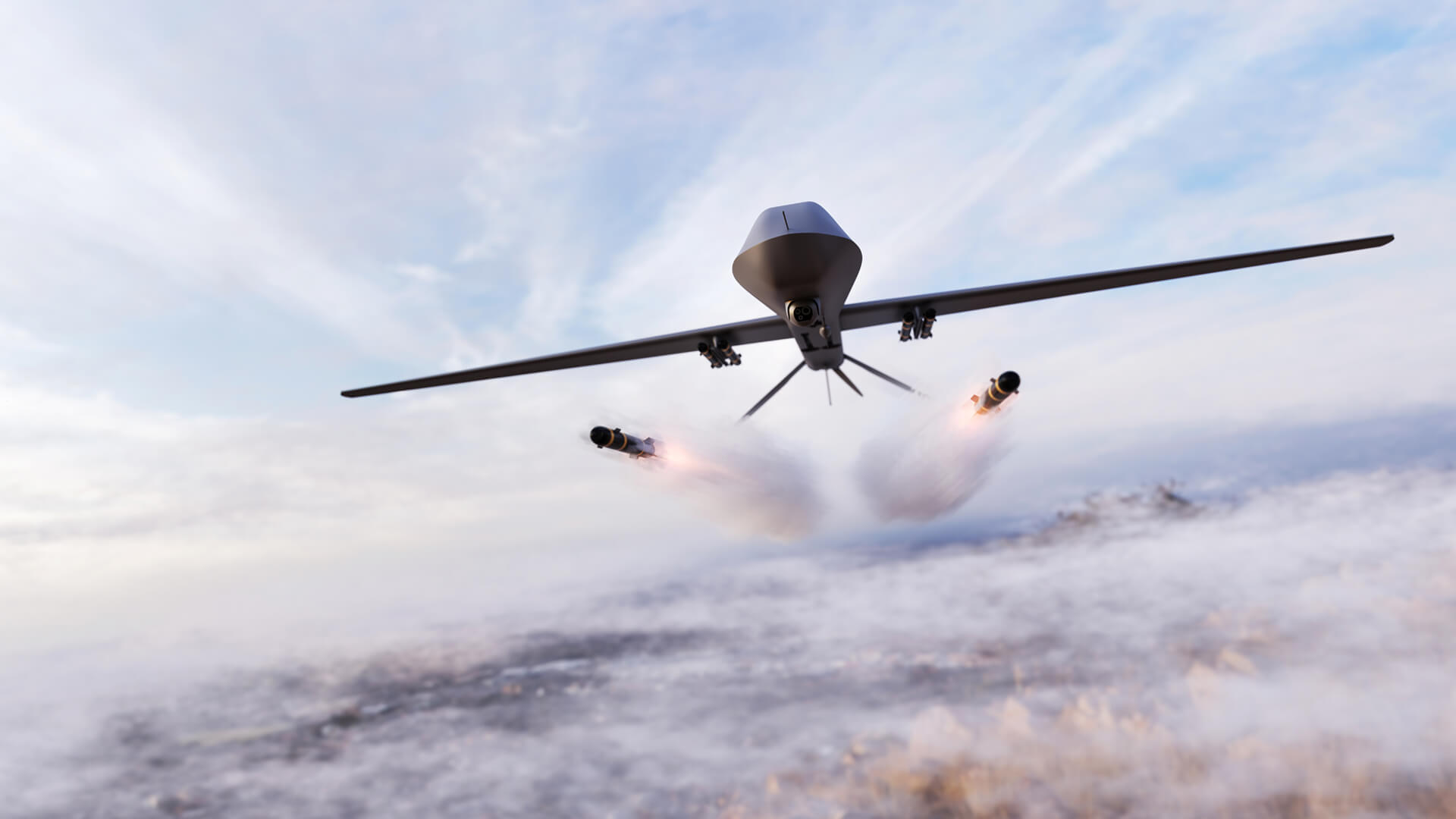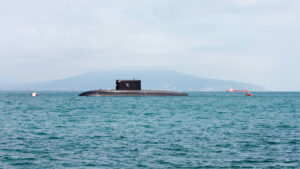WE’RE ONLY ONE WEEK AWAY FROM THE WEBINAR!
Peter Zeihan’s Risk List: What Keeps a Geopolitical Strategist Up at Night
Do you struggle with sleepless nights spent pondering the political challenges in the US? Or wake up in a puddle of sweat because you had a nightmare about material shortages? Or maybe you find yourself staring at walls thinking about social media impacts on national security?
Well, I might not be able to help with all that, but if you join me on Wednesday, June 5 for the ‘Risk List’ Webinar, at least you’ll be in good company…and I assure you, we’ll have plenty to discuss.
Click the button below to learn more or register for the webinar!
Now onto today’s video. We’re looking at the Ukraine War and the increase of drone assaults on Russia. Specifically, we’ll be looking at the attacks on container radars used for aircraft and ballistic missile detection.
Ukraine is expecting shipments of some Western F-16s, so taking out these container radars could alter the strategic perceptions in Moscow and Washington. When we’re talking about ballistic missile response times, even seconds could alter the outcome…so if these radars go down, who knows what might happen.
All of the new technologies entering the battlefield are necessitating a reevaluation of strategic calculations across all fronts. From shifting away from the mutually assured destruction paradigm, to destabilizing the delicate balance of power, we’re heading towards a new reality.
Here at Zeihan On Geopolitics we select a single charity to sponsor. We have two criteria:
First, we look across the world and use our skill sets to identify where the needs are most acute. Second, we look for an institution with preexisting networks for both materials gathering and aid distribution. That way we know every cent of our donation is not simply going directly to where help is needed most, but our donations serve as a force multiplier for a system already in existence. Then we give what we can.
Today, our chosen charity is a group called Medshare, which provides emergency medical services to communities in need, with a very heavy emphasis on locations facing acute crises. Medshare operates right in the thick of it. Until future notice, every cent we earn from every book we sell in every format through every retailer is going to Medshare’s Ukraine fund.
And then there’s you.
Our newsletters and videologues are not only free, they will always be free. We also will never share your contact information with anyone. All we ask is that if you find one of our releases in any way useful, that you make a donation to Medshare. Over one third of Ukraine’s pre-war population has either been forced from their homes, kidnapped and shipped to Russia, or is trying to survive in occupied lands. This is our way to help who we can. Please, join us.
Transcript
Hey, everybody. Peter Zeihan here. Coming to you from Genoa. today we’re talking about something that I’m a little concerned about from the strategic point of view. but first, I want to tell you about a webinar we’ve got coming up next week on the 5th of June, where the issues that I really worry about are going to be in front and center, issues relating to how cocaine can damage the American economic experience, how American politics are at the moment in a position makes it difficult to solve American problems, shortages and electricity and critical material processing, and why social media has unexpectedly and problematically become a national security issue.
All that and more on the webinar. But for today, it’s a double duty of something I worry about. Plus an update on the Ukraine war. Over the past few weeks, the Ukrainians have been launching more and more drone assaults into Russia, and they have now struck something called a container radar in Russia, at least three times two different facilities.
container radars are something that allows the Russians to be aware of aircraft within about a 3000 kilometer range. And since the Ukrainians are about to get American and Western F-16s, the Ukrainians would like to take out those radars as much as they can before the new aircraft come into play. But that is not the primary purpose for those radars.
The primary purpose is for ballistic missile detection. And when it comes to dealing with nuclear weapons, timing is everything. Seconds matter because the flight times are so short. So if the Ukrainians manage to deliberately, of course, take some of these radars off line, it alters the strategic perceptions on both sides of the Atlantic. Whether you’re in Moscow or Washington about what is possible and how much time you have to prepare for something going horribly, horribly wrong.
Now, this sort of readjustment of strategic perceptions this was always going to happen is the technologies involved change, as we’ve seen with the Ukraine war, as we’ve seen in Saudi Arabia, with Iran, the introduction of drones is changing the strategic calculus in a great many ways. And so we were always going to evolve beyond the mutually assured destruction compact that has kept us safe these last 70 years.
The idea is that if both sides have a weapons, and if both sides have the ability to take the weapons in flight, then there is this parallelization. if any desire to launch the weapons, because we all go down together, well, if you damage the detection methods, then that parallelization, that deliberate parallelization might be weakened and all of a sudden we’re in a bit of a looser strategic situation when it comes to the big boy weapons.
We’re now in a position where the war has evolved to the point that major strategic questions in both Russia and the United States have to be evaluated through a different lens. And it’s not clear that we’re ready for that on either side. Of course, we’re never ready for that on either side. You introduce a new weapon system. Everything changes around it, and we’re now seeing the opening stages of a complete readjustment and how we perceive the wider world.








